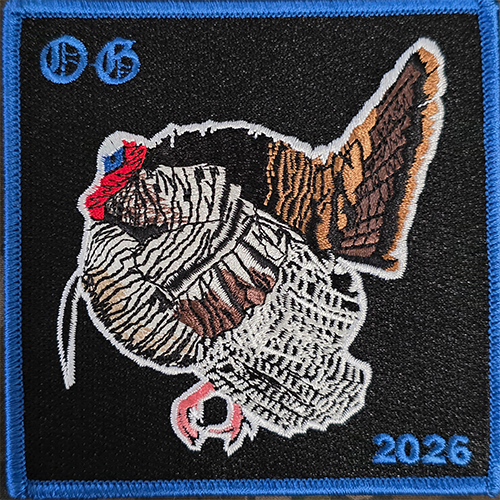        |
Advice for beginning trumpet playersStarted by troutfisher13111, March 10, 2018, 11:11:50 AM Previous topic - Next topic
User actions
|
        |
Advice for beginning trumpet playersStarted by troutfisher13111, March 10, 2018, 11:11:50 AM Previous topic - Next topic
User actions
|